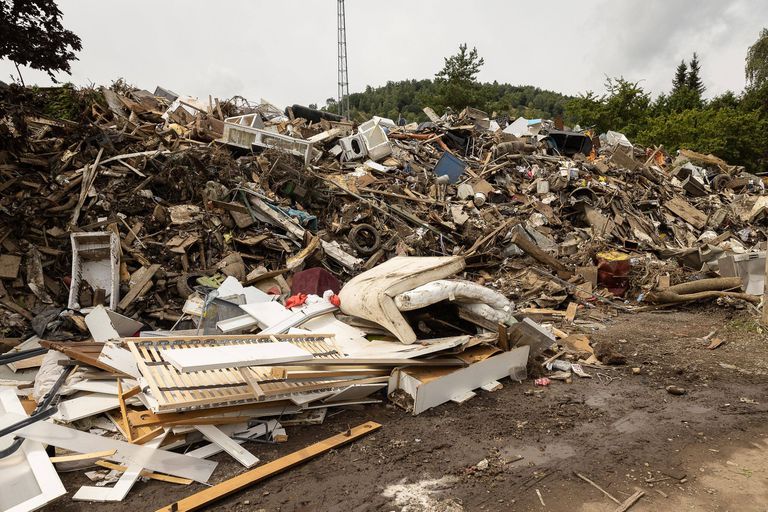Some 140 homes made available by Flemish housing organisations for the victims of the recent severe flooding remain empty this week, as the Walloons made homeless prefer to lodge elsewhere.
In July, a series of circumstances, some of them meteorological, caused severe flooding in many parts of the country. Particularly hard-hit were parts of Liege province, Limburg and Walloon Brabant.
In mid-August, Flemish minister for welfare Wouter Beke arranged with housing charities in Flemish Brabant and the south of Limburg province to make available a number of assisted-living homes on a temporary basis, to house those who had been forced from their homes by water damage.
“A lot of people in Flanders already showed their solidarity by bringing stuff and material to the victims en masse,” Beke said at the time.
“Still, it is not easy to find places to live for people who have temporarily or permanently lost their home.”
His appeal was met by 22 calls from housing associations, who were prepared to put 140 homes at the disposal of the displaced victims, not only in the regions affected, but also in Nieuwpoort at the coast, and Ieper in West Flanders.
The list was sent by the Agency for Care and Health (which oversees assisted living homes) to the housing department of the Walloon regional government, which placed the list on its Housing Assistance platform.
Almost two months later, Het Nieuwsblad report, all 140 properties remain unclaimed.
“We do not have an explanation for that,” said a spokesperson for Beke.
“We can do no more than offer the homes. The matching between victims and homes takes place on the Walloon side, but for some reason it doesn't seem to be working."
Nieuwsblad contacted the Walloon minister for housing, Christophe Collignon (PS) to find out the reason.
“We think it has to do with the long distance in the first place, his spokesperson told the paper.
“People like to stay close to their property. In addition, the language barrier also plays a role for some. And finally, the price might also hold people back.”
However, as a spokesperson for Beke pointed out, insurance companies often cover not only material damage, but also the costs of alternative lodging while the original property is again made liveable.
"The decisive factor is whether someone is insured against a flood and what the contractual conditions say," said Beke's spokesperson. "We had contact with [insurance industry federation] Assuralia during the summer holidays and they indicate that insurers give their customers the freedom of choice to indicate where they prefer to stay."

